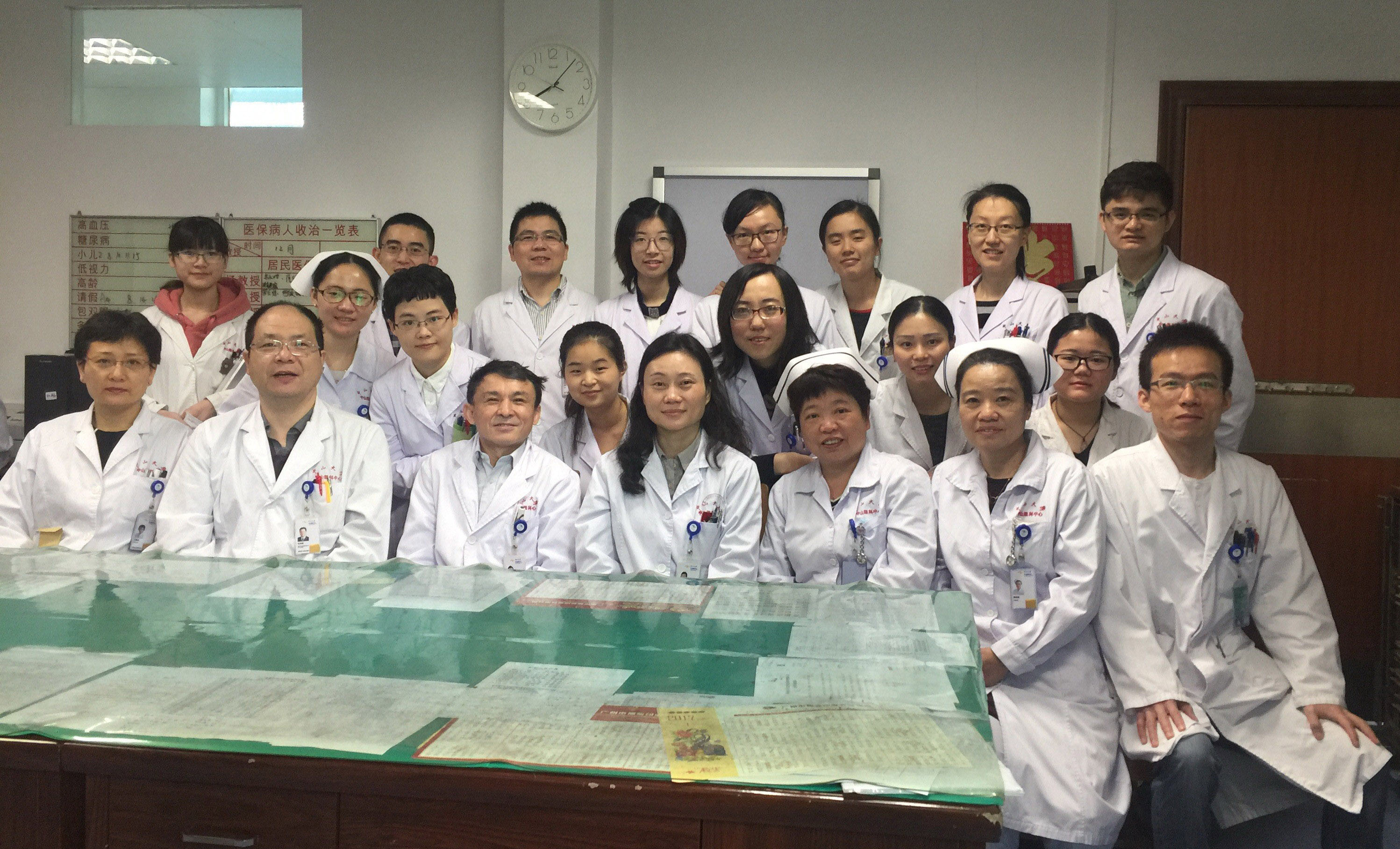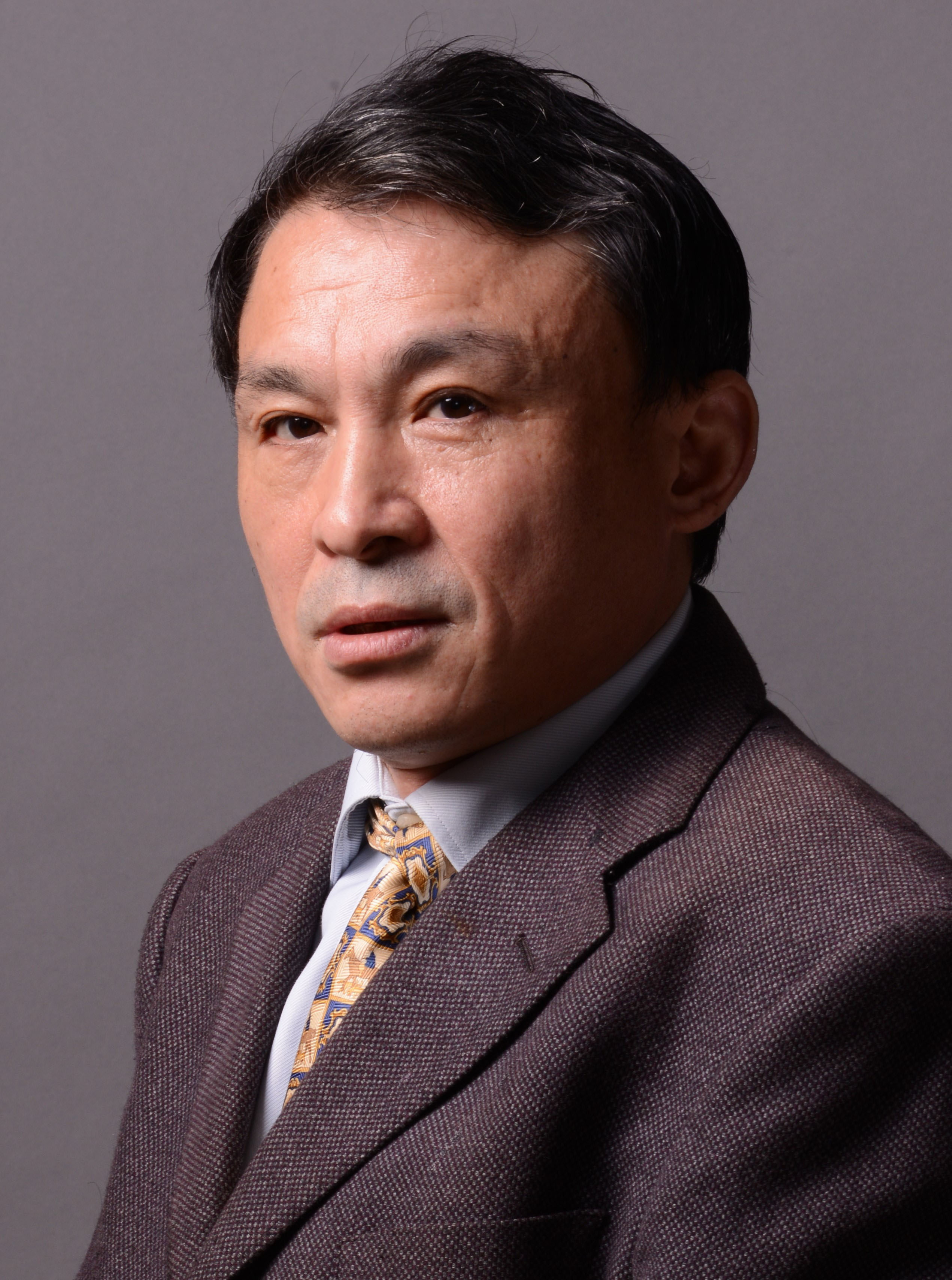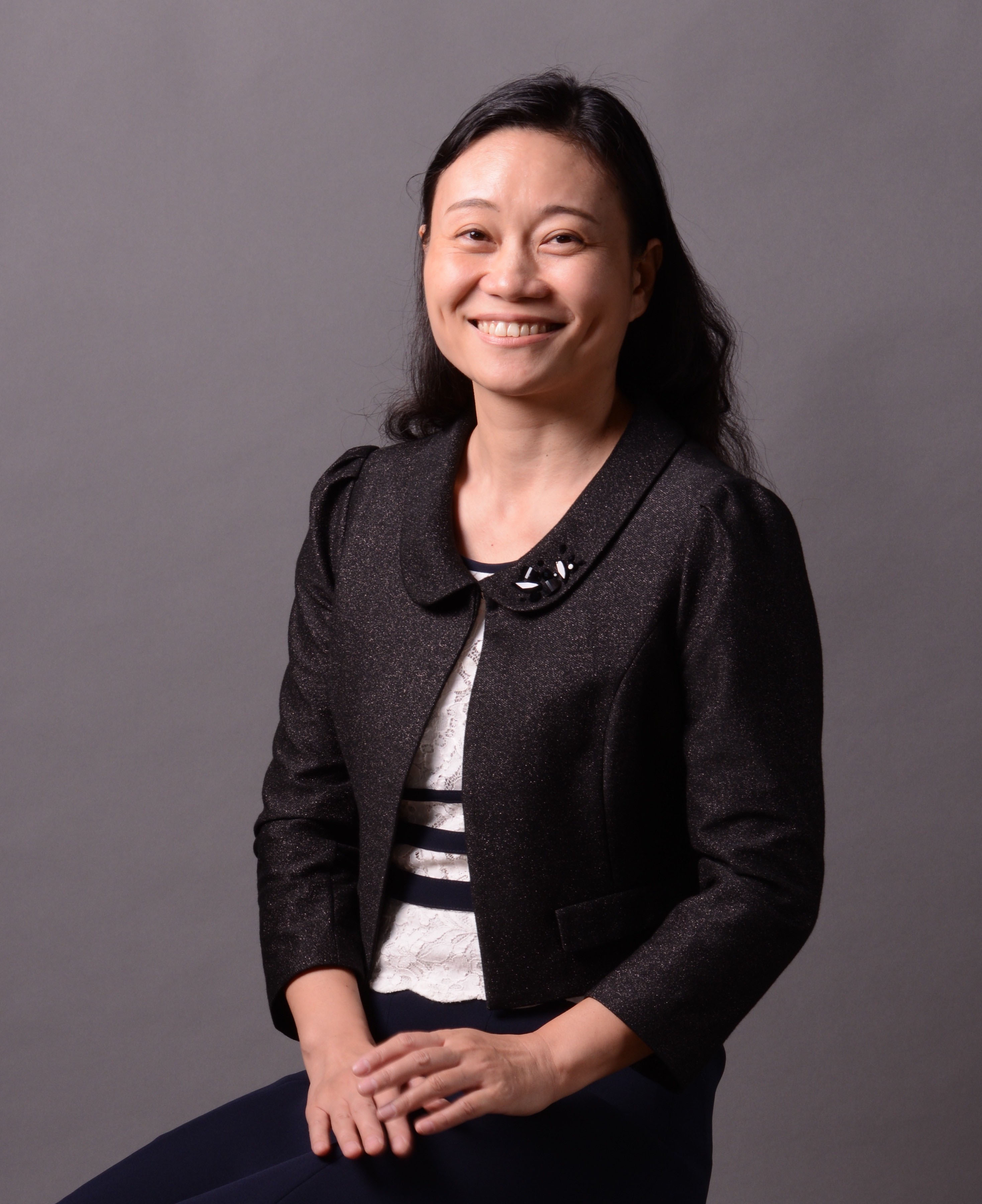Clinical Departments
- Fundus Disease Center
- Center of Cataract & Others Lens Diseases
- Dept. of Glaucoma Service
- Corneal Disease Dept.
- Orbital Diseases and Ocular Oncology Dept.
- Ocular Trauma Dept.
- Oculoplasty Dept.
- Strabismus and Amblyopia Dept.
- Refractive Surgery Center
- Dept. of Optometry and Vision Sciences
- Dept. of Pediatrics and Genetic Eye Disease
- Ocular Immunology and Uveitis Clinnic
- Out-Patient Dept.
- VIP Medical Center
- Operation Room
- Dept. of Anesthesia
- Pharmaceutical Dept.
- Clinical Lab.
- Department of Ocular Pathology
Orbital Diseases and Ocular Oncology Dept.

Overview
Found in the 1970s, Orbital Diseases and Ocular Oncology is the specialty that deals with the diagnosis and treatment of orbital disorders and a variety of eye tumors. It has become one of the most famous clinics in this field in China, and serviced the needs of patients from around China mainland, Hongkong, Macao, Taiwan and southeast-Asia countries. In 2016, approximately 40,000 patients were seen in the clinic and more than 2,000 surgical procedures performed annually, some on outpatient and one-day ward basis. There are more than 30 doctors and nurses in our department. Among them, 2 are professors of medicine, 2 are associate professors and 2 are tutors of postgraduate candidates. Also, this specialty has continued its mission to provide clinical education for more than 40 medical students (including medical postgraduates), residents and advanced training physicians.
This department is one of the largest orbital diseases and ocular oncology center in China and provides care for patients with difficult and rare diseases in this field. The conditions we treated include:
1) Tumors: Ocular tumors can be found on a variety of eye tissues, including intraocular, orbit and ocular surface. As well as serving more than 1,000 new cases of orbital tumors, we treat a rare type of eye cancer called retinoblastoma, with more than 150 new cases diagnosed annually. Also, we provide multi-disciplinary treatment strategy for uveal melanoma and intraocular lymphoma. In addition, we treat patients with ocular surface tumors such as conjunctival lymphoma, squamous cell carcinoma, basal cell carcinoma and etc.
2) Inflammatory diseases: Including orbital inflammatory pseudotumor, thyroid associated ophthalmopathy (TAO) and etc. We serve more than 1,000 new cases with TAO and carrying out more than 300 surgeries annually, and the comprehensive treatments, including medicine therapy, correction of eyelid retraction, strabismus surgery, orbital fat decompression and orbital bone decompression, are used to improve the visual function and the appearance of patients.
3) Minimally invasive orbital surgery: The nasal endoscopy surgeries are applied in treating orbital diseases, including TAO, traumatic optic neuropathy and tumors involving the orbital apex.
4) Plastic surgeries: The complicated oculoplasty and reconstructive surgeries are carried out to these eye conditions, including deformity correction of eyelid and conjunctival sac, orbital implantation and repair of orbital fractures, post-cancer reconstructions and ophthalmic congenital abnormalities.
Faculty

Huasheng Yang, M.D., Ph.D., Prof.
Director of Department of Orbital Diseases and Ocular Oncology
Board Certification:
Chinese Ophthalmological Society
Chinese Association of Ultrasound in Medicine and Engineering
Association of Medical Exchanges Across the Taiwan straits
Guangdong Medical Association
Specialty interests:
Eye tumors (including orbit, intraocular and ocular surface),
Orbital inflammatory diseases (including TAO, inflammatory pseudotumor and etc),
Complicated reconstructive surgeries (including post-cancer reconstruction and repair of orbital fractures).
Email: yanghs64@126.com

Rong Lu, M.D., Ph.D., Prof.
Vice Director of Department of Orbital Diseases and Ocular Oncology
Board Certification:
Chinese Ophthalmological Society
Asia-Pacific Society of Ophthalmic Plastic and Reconstructive Surgery
Specialty interests:
Ophthalmic plastic and reconstructive surgery, minimally invasive orbital surgery with nasal endoscopy, ptosis and etc.
Email: lurong@gzzoc.com

Yuxiang Mao, M.D., Ph.D., Associate Professors
Vice Director of Department of Orbital Diseases and Ocular Oncology
Specialty interests:
Orbital inflammatory disease, orbital neoplasms, pediatric eye oncology, retinoblastoma tumors, and orbital fractures.
Email: myxdoctor@163.com

Siming Ai, Associate Professors
Specialty interests:
Orbital inflammatory disease, ocular tumors, exophthalmos related to orbital diseases, and thyroid associated ophthalmopathy.
Email: asmzqf@126.com
Research and Studies
The department involves various research studies, and receives 7 national grants from National Natural Science Foundation of China and 13 other research grants from provincial government.
Our researches mainly focus on the pathogenesis of thyroid-associated ophthalmopathy, biological features of retinoblastoma, and experiment and clinical application of ocular surface reconstruction. We have also leading a multi-center clinical study of retinoblastoma (ClinicalTrials.gov identifier: NCT01906814).
In recent years, we have published more than 30 SCI papers. The department has gained 3 science and technology awards from provincial government.
Exchanges and Cooperation
From 2009 to 2010, Prof. Rong Lu furthered her studies at Plastic Eye Surgery Associates in Houston as a visiting scholar, and completed post-doctoral research fellowship at the Ocular Surface Center of Baylor College of Medicine.
Our postgraduate student for Ph.D degree was sent to University of Michigan Kellogg Eye Center and started our collaboration on thyroid associated ophthalmopahty on 2012.
Collaborated with the team of Pro. Raymond Douglas from Kellogg Eye Center, we held the Symposium of Orbital Disease and Oculoplastic Surgery in Guangzhou, 2012 and 2014.
Contact Us
Address: 4th Floor of Building No.1, 54 South Xianlie Road, Guangzhou 510060, P.R. China
Tel: +86-20-87331539
